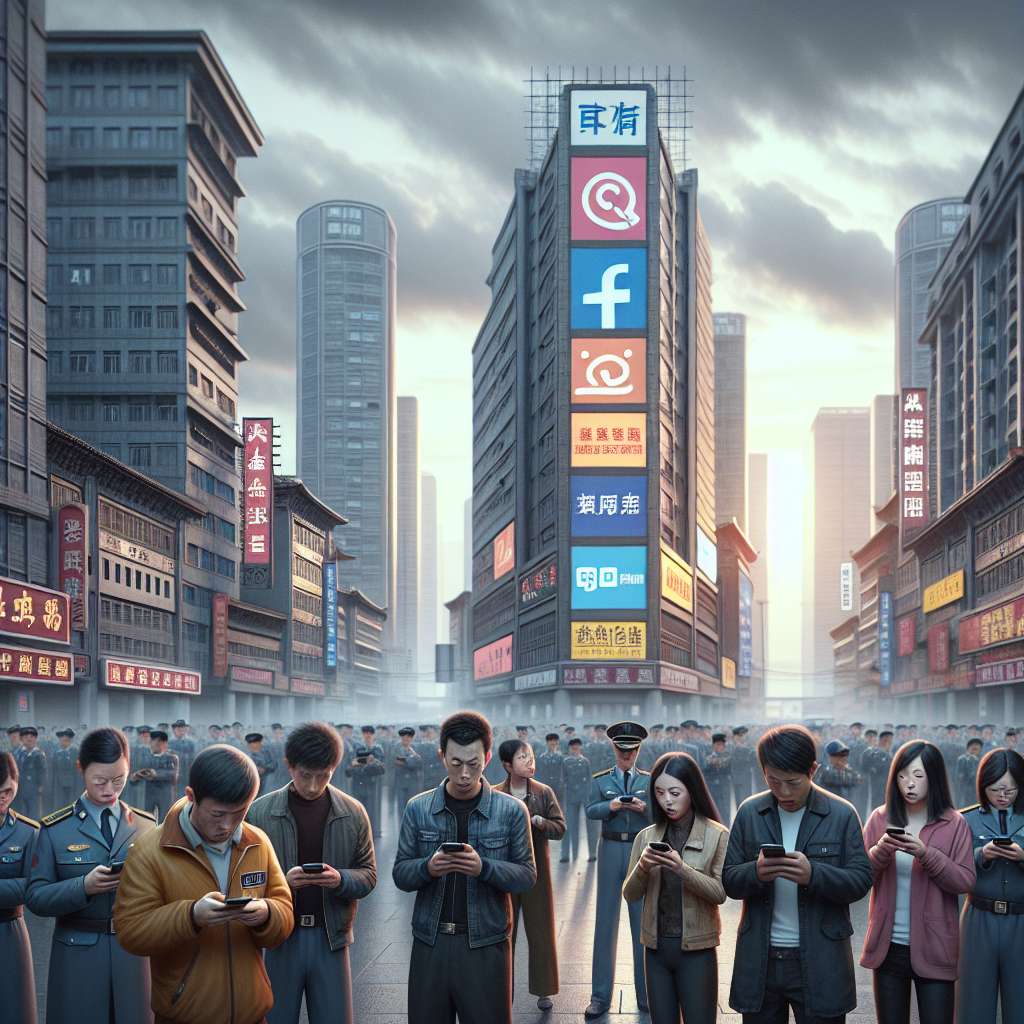China Cracks Down on Kuaishou and Weibo Over Alleged Online Content Violations
China’s internet regulator has recently issued a stern warning to popular social media platforms Kuaishou and Weibo for their alleged lax content controls. The crackdown comes as part of a broader effort by Chinese authorities to tackle harmful online trends and reduce the prominence of celebrity gossip on these platforms.
The Cyberspace Administration of China (CAC) has demanded that both Kuaishou and Weibo take immediate action to reform their content moderation practices. The regulator’s concerns stem from the prevalence of sensationalist and inappropriate content that often dominates the trending topics and newsfeeds of these platforms.
Kuaishou, a leading short-video sharing app, has come under particular scrutiny for its role in perpetuating content that is deemed harmful or inappropriate. The platform, known for its diverse range of user-generated videos, has been criticized for allowing misleading information, explicit material, and other objectionable content to proliferate unchecked.
Similarly, Weibo, one of China’s most popular microblogging sites, has also been targeted for failing to adequately regulate the content shared on its platform. The CAC has called on Weibo to implement stricter controls to prevent the spread of fake news, rumors, and celebrity gossip that often overshadow more substantive discussions.
This latest crackdown is part of a broader campaign by Chinese authorities to clean up the country’s online space and promote a more positive and responsible digital environment. In recent years, China has taken steps to regulate internet content more tightly, with a particular focus on curbing misinformation, harmful influence, and undesirable trends.
The regulatory pressure on Kuaishou and Weibo reflects a growing trend of governments around the world holding social media platforms accountable for the content shared by their users. As online platforms play an increasingly significant role in shaping public discourse and influencing societal trends, regulators are paying closer attention to the impact of digital content on users.
While the actions taken by the CAC may be seen as a necessary step to safeguard the online space in China, they also raise concerns about censorship and freedom of expression. Critics argue that excessive regulation could stifle creativity, restrict individual freedoms, and limit the diversity of voices in the digital sphere.
In response to the regulator’s demands, both Kuaishou and Weibo have pledged to strengthen their content moderation mechanisms and work towards creating a safer and more informative online environment for their users. The platforms have committed to implementing stricter guidelines, enhancing automated content filtering, and increasing human oversight to identify and remove objectionable content.
As China continues to crack down on online content violations and promote healthier digital interactions, the actions taken against Kuaishou and Weibo serve as a reminder of the evolving regulatory landscape facing social media platforms worldwide. By holding tech companies accountable for the content shared on their platforms, regulators aim to strike a balance between fostering online innovation and protecting users from harmful influences.
#China, #Kuaishou, #Weibo, #OnlineContent, #Regulation












